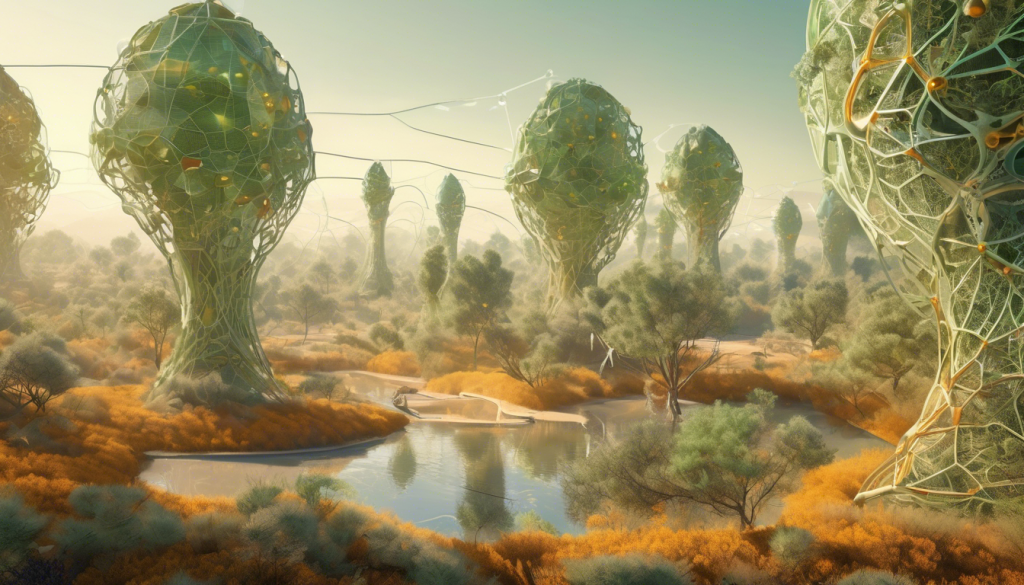
Quantum AI in 2025: Beyond Theoretical Possibilities
In 2025, quantum AI is finally moving from theoretical discussions to practical applications. Over 60% of business leaders are actively investing in or exploring quantum AI opportunities, signaling strong interest across industries.
What makes quantum AI so powerful? By leveraging quantum bits or "qubits" that can exist in multiple states simultaneously, quantum computers can process vast amounts of data in parallel—potentially accelerating AI model training and handling complex calculations that would otherwise be computationally impossible.
Several real-world applications are emerging:
-
Enhanced language models: Companies like IonQ have demonstrated that hybrid quantum-classical models can outperform classical-only methods in accuracy while offering significant energy savings.
-
Accelerated drug discovery: Quantum AI is transforming pharmaceutical research by simulating molecular structures with unprecedented precision.
-
Optimized battery design: Google's collaboration with BASF shows how quantum computing aids in designing better battery materials with smaller environmental footprints.
Despite this progress, significant challenges remain. Quantum decoherence (the loss of quantum coherence in qubits), error correction complexity, and scaling issues continue to slow widespread adoption.
The economic outlook remains promising, with the global quantum computing market projected to reach approximately $65 billion by 2030, growing at 30-40% annually. Cloud-based access is making the technology increasingly accessible to businesses without requiring expensive hardware investments.
For organizations looking to explore quantum AI capabilities, experts recommend starting with cloud-based quantum services, identifying specific use cases, and developing hybrid classical-quantum approaches that leverage existing infrastructure.
How might quantum AI transform your industry in the coming years?
If you found this valuable, please share it with colleagues interested in the future of computing and AI. For a deeper dive, check out Oliver's full article.


